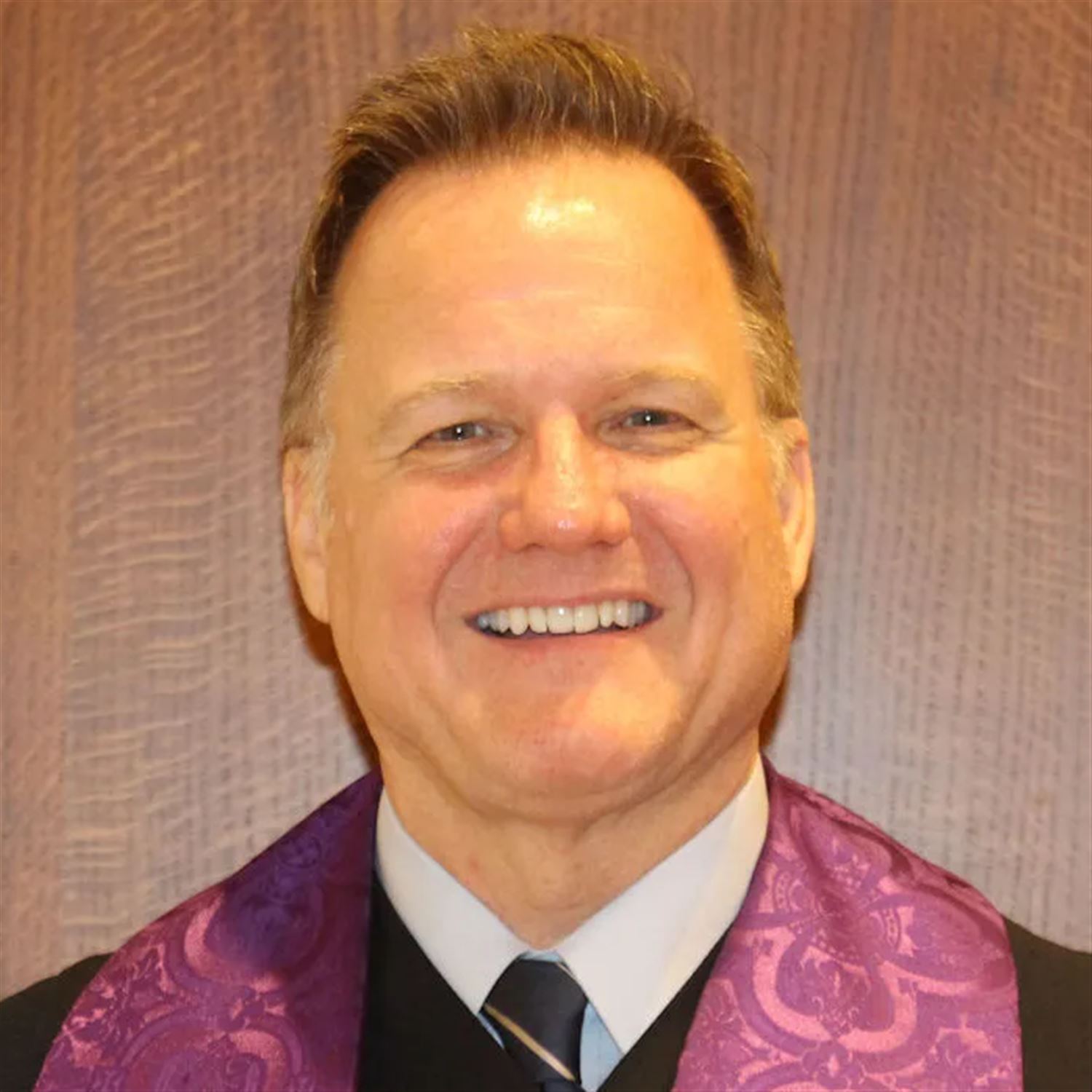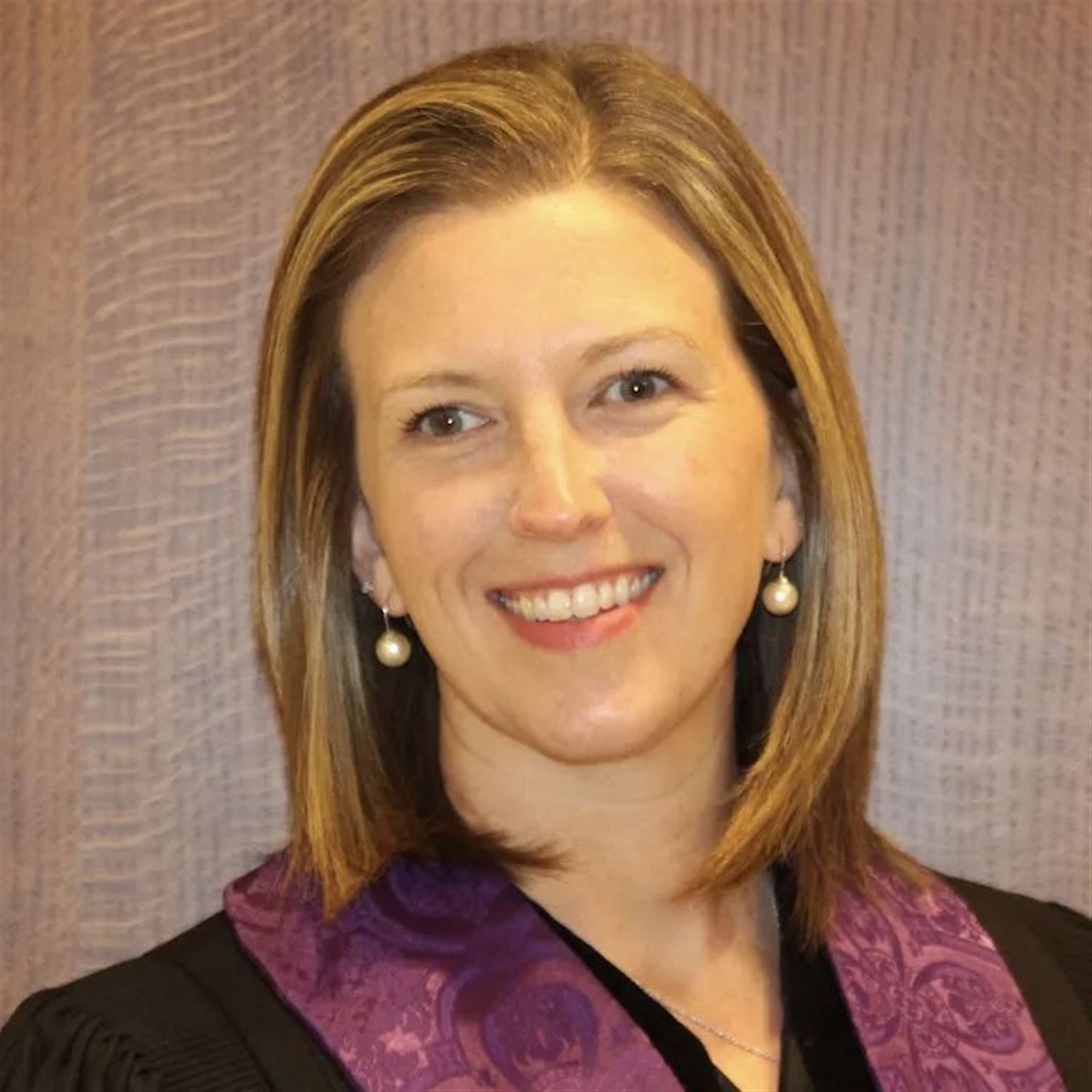On this 15th Sunday after Pentecost, Sept. 1st, 2024, Rev. Katie Faison delves into the transformative power of worship and the profound calling of God in our lives. Our scripture reading from Acts chapter 9 recounts the dramatic conversion of Saul, a pivotal moment in Christian history. Saul, a fervent persecutor of Christians, encounters Jesus on the road to Damascus, leading to a miraculous transformation and his eventual baptism. This story serves as a reminder of God's ability to change lives and call individuals to ministry in unexpected ways.
Chapters
(00:00) The Transformative Power of Worship
(00:11) Saul's Encounter on the Road to Damascus
(03:23) Understanding God's Call to Ministry
(07:10) The Ongoing Process of Transformation
(10:55) Ananias' Role in Saul's Conversion
(13:11) Modern Miracles and Faith
(15:35) A Personal Journey to Ministry
Acts 9:1-19
Meanwhile, Saul was still breathing out murderous threats against the Lord’s disciples. He went to the high priest and asked him for letters to the synagogues in Damascus, so that if he found any there who belonged to the Way, whether men or women, he might take them as prisoners to Jerusalem. As he neared Damascus on his journey, suddenly a light from heaven flashed around him. He fell to the ground and heard a voice say to him, "Saul, Saul, why do you persecute me?" "Who are you, Lord?" Saul asked. "I am Jesus, whom you are persecuting," he replied. "Now get up and go into the city, and you will be told what you must do." The men traveling with Saul stood there speechless; they heard the sound but did not see anyone. Saul got up from the ground, but when he opened his eyes he could see nothing. So they led him by the hand into Damascus. For three days he was blind, and did not eat or drink anything. In Damascus there was a disciple named Ananias. The Lord called to him in a vision, "Ananias!" "Yes, Lord," he answered. The Lord told him, "Go to the house of Judas on Straight Street and ask for a man from Tarsus named Saul, for he is praying. In a vision he has seen a
man named Ananias come and place his hands on him to restore his sight." "Lord," Ananias answered, "I have heard many reports about this man and all the harm he has done to your holy people in Jerusalem. And he has come here with authority from the chief priests to arrest all who call on your name." But the Lord said to Ananias, "Go! This man is my chosen instrument to proclaim my name to the Gentiles and their kings and to the people of Israel. I will show him how much he must suffer for my name." Then Ananias went to the house and entered it. Placing his hands on Saul, he said, "Brother Saul, the Lord—Jesus, who appeared to you on the road as you were coming here—has sent me so that you may see again and be filled with the Holy Spirit." Immediately, something like scales fell from Saul’s eyes, and he could see again. He got up and was baptized, and after taking some food, he regained his strength.
Central is proud to be a place
- where all generations worship, grow, and serve together.
- where women and men have equal opportunities for leadership.
- where traditional worship is engaged with excellence.
- and where diverse approaches to Christian faith and theology all find themselves at home under the lordship of Christ.
Want to learn more about Central? Visit our website at centralbaptistnewnan.org or give us a call at 770-683-0610.




